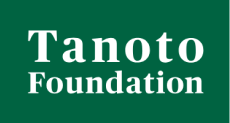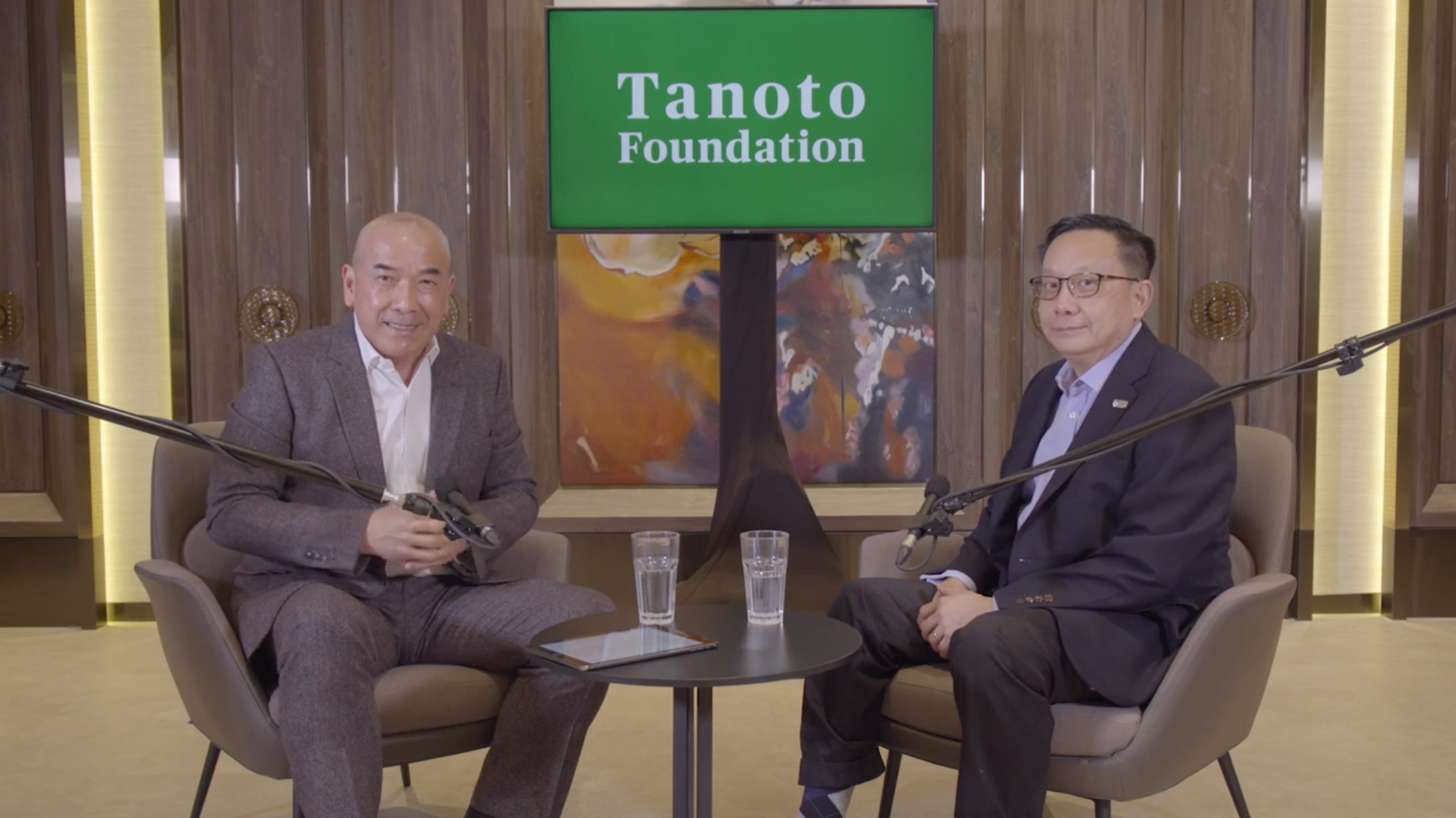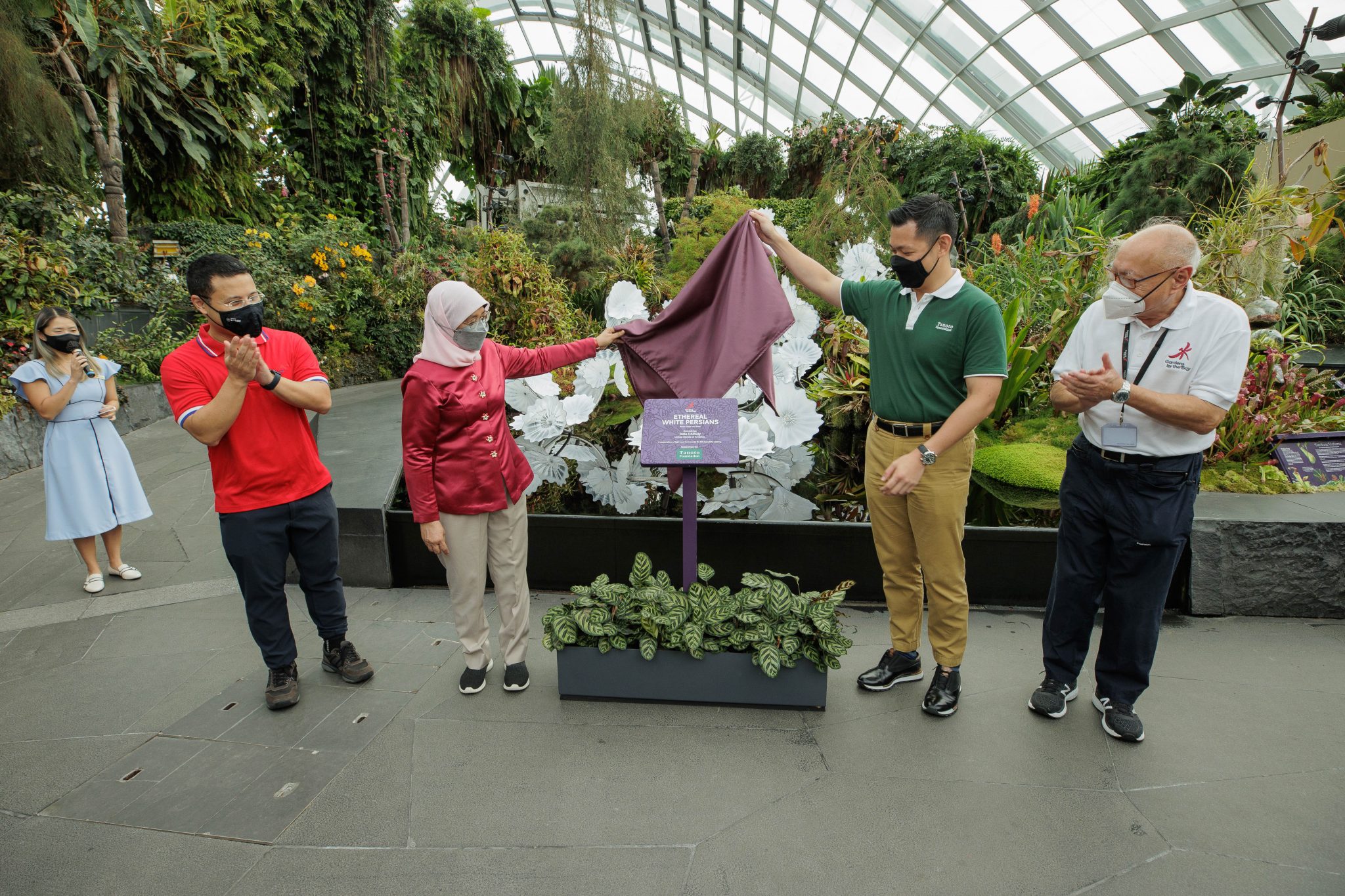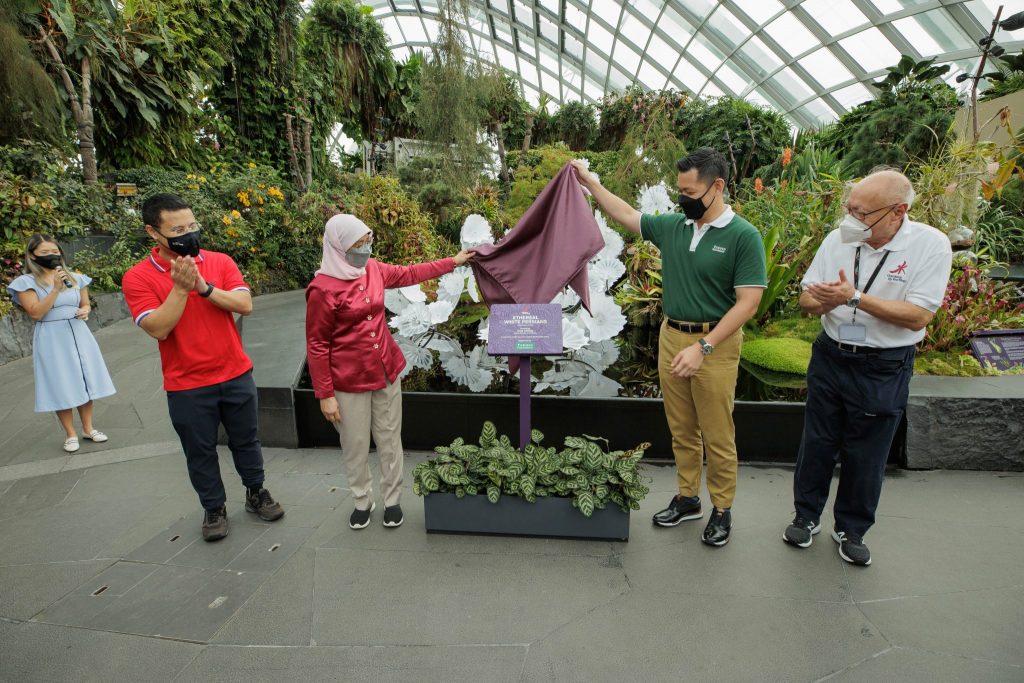One of the biggest lessons we have learned from the Covid-19 pandemic is the importance of health. However, many are still neglecting the importance of medical research in Asia, which is critical to improving the health standards in the region.
In the latest episode of the Unlocking Potential podcast, hosted by Global Tanoto Foundation CEO Dr J Satrijo Tanudjojo, we spoke to Professor Chong Yap Seng, the Dean of the Yong Loo Lin School of Medicine at the National University of Singapore (NUS) on the topics of medical research, education, and philanthropy.
Medical research is critical to studying our local situation
According to Yap Seng, it’s essential that medical research be conducted in the region, rather than relying solely on studies carried out in other parts of the world.
“Most of the research that has been done in medicines and healthcare was done in the West, and when I say the West, I mean the US, Europe, and Australia,” he said.
“The populations, the culture, and even the food are very different from what we have in Asia. It is important to conduct medical research exclusively in Asia, to know how our diets, environment, and cultures affect the health and disease patterns in the region, then come up with solutions that fit the local situation,” he elaborated.
Attracting quality talent for a better public health service
Tanoto Foundation actively supports medical research to better understand Asian prevalent diseases, but another challenge is finding the right talent.
Yap Seng said that it is essential to set a proper benchmark. “When we look for quality talents, we need to compare ourselves with the best countries in the world. It is not enough to look at what’s best in Singapore or Asia. If we’re willing to be frankly honest, that is not enough,” Yap Seng said.
However, he said that Singapore must be aware of the potential to create a brain drain problems in neighboring countries. “We should bring them over here for training, and we should do our best to send them back so that they can contribute to their own countries.
“Another thing that we should learn from the Covid-19 pandemic is that no one is safe until everyone is safe. If we, as Singaporeans, are healthy and safe in our country but our surrounding countries are not in the same state, the problems will come to us,” Yap Seng explained.
Furthermore, Yap Seng and Satrijo also discuss the possibilities for philanthropy organizations like Tanoto Foundation to fill gaps in medical research and other areas like public health education.







